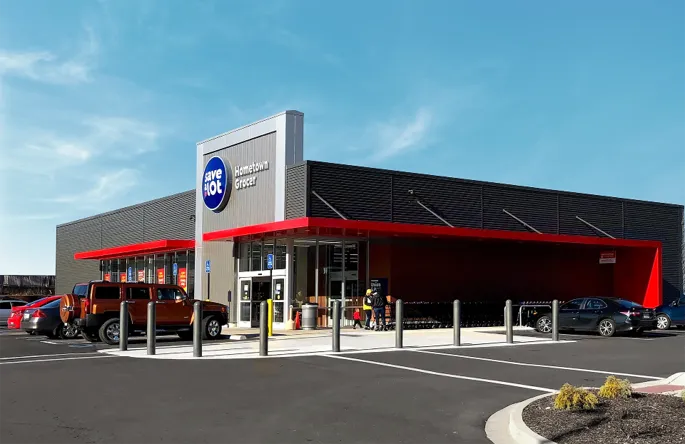CHICAGO – Circana today reports that spending on sustainability is increasing across several general merchandise retailers and packaged goods categories as consumers demonstrate a willingness to pay for sustainable products.
“Products that impact our energy use, reduce waste, and use recycled materials or natural ingredients are all getting attention from consumers and presenting pockets of retail growth,” said Marshal Cohen, chief retail industry advisor for Circana [formerly IRI and The NPD Group].
Two in five people reported that environmental issues influenced their shopping behaviors, Circana said, citing consumer data through September 2022. The firm said it is the first time that environmental issues surpassed social issues in influencing where consumers shopped and what they bought.
While some people express an unwillingness to pay for sustainability, there are discretionary general merchandise categories where the sustainable options outpaced the alternatives despite a higher price per unit, according to Circana.
Unit sales of footwear made with recycled materials have grown more than six-fold over the past three years while sales of non-recycled options declined, the firm reported.
Recycled office supplies sales grew 14%, compared to three years ago, but non-recycled offerings declined by 16%.
Prestige beauty is thriving overall, but unit sales of refillable options more doubled in the last three years while the rest of the market grew 25%.
Annual research jointly conducted by Circana and the New York University Stern Center for Sustainable Business found that among three dozen CPG categories, sustainability-marketed products saw their share of the market grow by 30% last year, to 17.3%.
The most prevalent sustainable claim on consumer food and beverage products is “recyclable,” and revenue for products touting the fact that they use recyclable packaging increased 12% in 2022, and was up 30% from three years earlier, outpacing the industry averages for both comparisons.
Sales of vegan cookbooks have also been on a steady rise over the past four years, which indicates a consumer desire for incorporating more sustainable, plant-based foods and beverages into their diets. Increased spending is going toward categories like oat milk and frozen meat substitutes.
“The continued growth in sustainable product sales demonstrates the importance of bringing newness and innovation to the market,” said Cohen, “Even with all the economic and political distractions facing consumers, they continue to demonstrate a focus on sustainability and a willingness to pay a premium for it. Bringing sustainability to the forefront continues to be a wise marketing tool and, for some brands, the main tool when it is built into the DNA of the product.”










